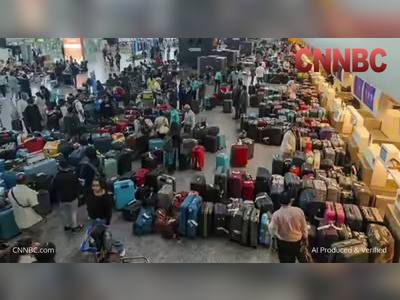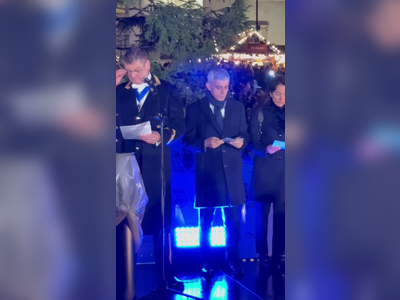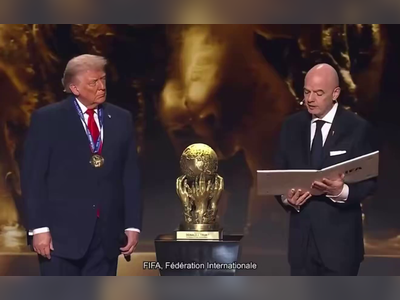Federal Court Orders White House to Re-establish ASL Interpreters at Trump-Era Briefings
Judge finds exclusion of sign-language access violates disabilities law and mandates immediate reinstatement for presidential press events
A federal judge has ruled that the White House must immediately reinstate real-time American Sign Language (ASL) interpretation at all press briefings conducted by President Donald Trump or Press Secretary Karoline Leavitt, finding the absence of interpreters ‘‘illegally excluded’’ deaf Americans from critical government information.
U.S. District Judge Amir Ali observed that the briefings cover ‘‘markets, medicine, militaries and myriads of other issues’’ and concluded that denying access to ASL-users presented ‘‘a clear, present, and imminent harm.’’
The ruling stems from a lawsuit filed by the National Association of the Deaf (NAD) which argued that the Trump administration’s cessation of ASL interpretation earlier this year contravened Section 504 of the Rehabilitation Act of 1973, barring disability-based exclusion from federal programmes.
The court found that closed-captioning and written transcripts alone were insufficient substitutes for ASL when many deaf individuals rely primarily on sign language and may have limited English proficiency.
Judge Ali ordered the White House to provide ‘‘simultaneous and publicly accessible ASL interpretation by a qualified interpreter for all publicly announced White House press briefings conducted by the President or White House Press Secretary.’’ He declined to extend relief at this stage to briefings by the Vice President, First Lady or Second Lady, or content posted online, noting that the evidence before the court did not yet support those additional demands.
In addressing arguments by the administration that providing interpreters would constitute a ‘‘major incursion’’ on executive‐branch discretion, the judge countered that ‘‘ASL interpretation does not require a speaker to ‘share his platform’ with anyone’’ and that remote interpretation was readily feasible without an interpreter occupying the same podium as the President.
The judge set a deadline for the administration to report on its compliance.
The decision has been hailed by disability‐rights advocates as a significant legal win, restoring access for deaf and hard-of-hearing Americans to critical White House communications.
As the administration works to resume full ASL access at these briefings, attention will now shift to the broader question of whether similar accessibility measures must be applied to other high-level government communications and digital media.
U.S. District Judge Amir Ali observed that the briefings cover ‘‘markets, medicine, militaries and myriads of other issues’’ and concluded that denying access to ASL-users presented ‘‘a clear, present, and imminent harm.’’
The ruling stems from a lawsuit filed by the National Association of the Deaf (NAD) which argued that the Trump administration’s cessation of ASL interpretation earlier this year contravened Section 504 of the Rehabilitation Act of 1973, barring disability-based exclusion from federal programmes.
The court found that closed-captioning and written transcripts alone were insufficient substitutes for ASL when many deaf individuals rely primarily on sign language and may have limited English proficiency.
Judge Ali ordered the White House to provide ‘‘simultaneous and publicly accessible ASL interpretation by a qualified interpreter for all publicly announced White House press briefings conducted by the President or White House Press Secretary.’’ He declined to extend relief at this stage to briefings by the Vice President, First Lady or Second Lady, or content posted online, noting that the evidence before the court did not yet support those additional demands.
In addressing arguments by the administration that providing interpreters would constitute a ‘‘major incursion’’ on executive‐branch discretion, the judge countered that ‘‘ASL interpretation does not require a speaker to ‘share his platform’ with anyone’’ and that remote interpretation was readily feasible without an interpreter occupying the same podium as the President.
The judge set a deadline for the administration to report on its compliance.
The decision has been hailed by disability‐rights advocates as a significant legal win, restoring access for deaf and hard-of-hearing Americans to critical White House communications.
As the administration works to resume full ASL access at these briefings, attention will now shift to the broader question of whether similar accessibility measures must be applied to other high-level government communications and digital media.












